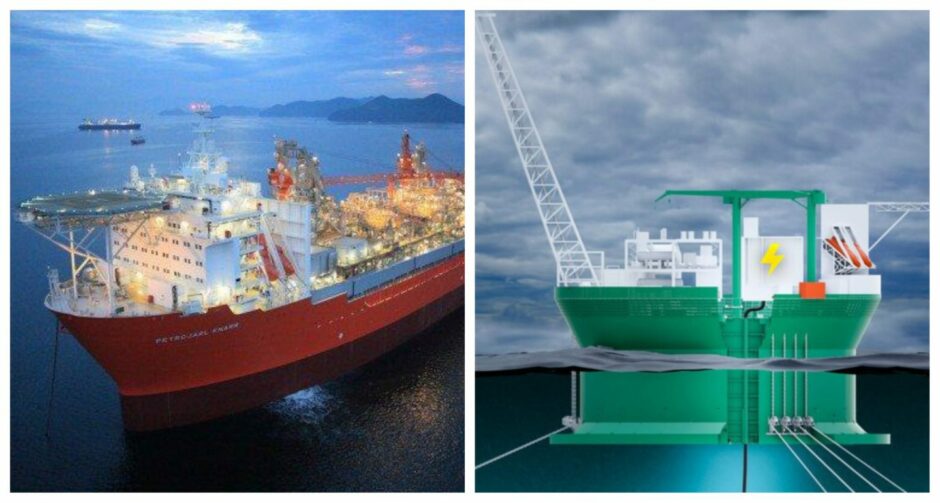
Oil and gas companies are in need of “fair access to finance” if they’re to play their part in the push to net zero, the North Sea trade body has claimed.
David Whitehouse, the chief executive of Offshore Energies UK’s (OEUK), also stressed the need for “stable energy policies” to unlock the private sector capital that will fuel the transition furnaces.
His comments come ahead of a rumoured government summit dedicated to reversing the flight of capital from the North Sea.
According to reports, ministers will meet with leading banks on Friday to push them to free up money for oil and gas companies.
However it’s understood that several of the financial institutions on the invite list may not take up their seat at the table.
Finance drying up
Westminster’s windfall tax on the profits of North Sea producers has spurred many companies to cut back their spend and shelve planned projects.
At the same time many financial institutions are under increasing pressure from on high to make environmental, social and governance (ESG) principles a key pillar of their operations.
The result has been a sharp contraction in the pool of cash energy firms can dip into, an issue that is having a knock on effect on the UK Government’s energy security drive.
Mr Whitehouse said: “The UK is in a global race for energy investment, unlocking private sector capital is the key to our energy security and the transition to a low carbon world. To compete successfully, firms across the energy mix, including oil and gas, need fair access to finance and long-term, stable energy policies. As we build the future, there is no simple choice between oil and gas on the one hand and renewables on the other, the reality is that we need both.
“By the mid-2030s, oil and gas will still provide for 50 per cent of our energy needs. By investing in homegrown production, we avoid costlier, less secure, and higher carbon footprint imports while supporting the infrastructure we need to make cleaner, more affordable energy in the UK, for the UK.
“Oil and gas fields decline naturally over time. The UK needs the churn of new licences to manage production decline in-line with the maturing basin. There are currently 283 active oil and gas fields in the North Sea, by 2030 around 180 of those will have ceased production due to natural decline. If we do not replace maturing oil and gas fields with new ones, the rate of production will decline much faster than we can replace them with low carbon alternatives.”
Projects out of the pipeline
In the wake of the windfall tax Parkmead Group (LON: PMG) and EnQuest (LON: ENQ) both axed high-profile North Sea projects.
And without adequate funds, there are fears that capital-intensive development like Rosebank and Cambo – two of the basin’s largest remaining fields – could face a similar fate.
Meanwhile Harbour Energy (LON: HBR), the North Sea’s largest producer, opted to spurn the latest exploration licensing round in retaliation at the government’s fiscal tinkering.
On the green energy side, SSE said last year that it planned to review its renewables investments after a levy – similar to the North Sea windfall tax – was slapped on electricity generators.
Alice Harrison, Fossil Fuel Campaign Lead at Global Witness, said: ”Amid reports that several of the world’s leading banks will be a no-show at this week’s Treasury meeting, it looks like the Government is going too far even for the UK’s finance industry.
“The government is making a desperate attempt to revive the UK’s dying oil industry at the expense of clean, cheap renewable energy.
“Bankers know full well that the writing is on the wall for North Sea oil, which will take many years to come online, will mostly be exported, and will do nothing for the UK’s energy security.”
Recommended for you


 © Supplied by OEUK/ DCT
© Supplied by OEUK/ DCT © Supplied by Teekay/Sevan SSP
© Supplied by Teekay/Sevan SSP